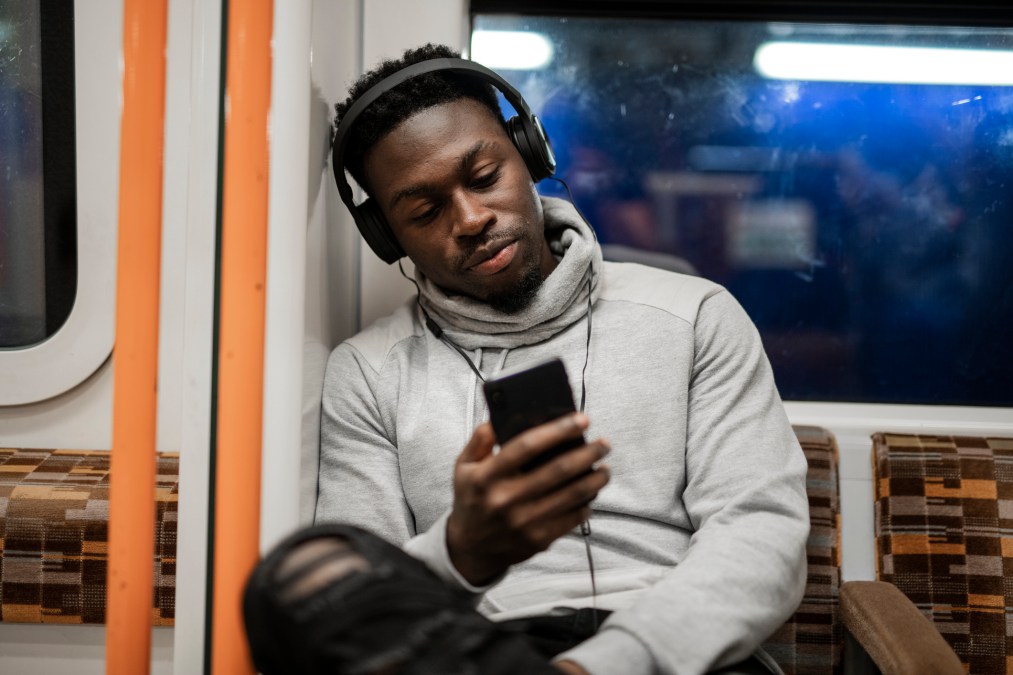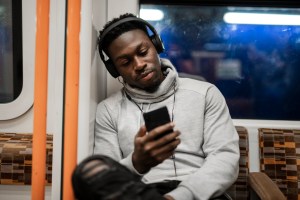Maryland universities to track transit patterns of Baltimore residents

With the goal of improving transit in Baltimore, a new project led by a group of Maryland universities and state agencies will use several digital platforms, including mobile applications and online dashboards, to collect data on the travel patterns of 1,000 city residents.
The group will spend the next two years of the four-year project — officially called the “Be an Advocate for pubLic TransportatiOn,” or BALTO, project — developing a mobile app to track the travel patterns of 1,000 people from low-income communities in Baltimore. The “BALTOApp” will collect detailed GPS data and survey data, including trip quality, how long they wait for buses and how often they use microtransit options like dockless scooters and bicycles.
Researchers from the University of Maryland, Morgan State University and the University of Baltimore said they’ll analyze the collected travel data and build computational models to determine how launching additional transit options might influence the mobility of city residents.
“We need to view these performance metrics through an equity lens,” Celeste Chavis, an associate professor at Morgan State University involved in the project, said in a press release. “While an Uber can whisk commuters to their destinations, it’s often untenable for those with limited incomes. And the subway system isn’t a good option for people who work off-hours. Better user-data can help us identify solutions.”
The project, funded by a $2.35 million National Science Foundation grant, arrives as cities face unprecedented competition for ridership. Though private mobility companies offer APIs and sometimes form partnerships with local governments, their reluctance to share all of their proprietary data has put some city officials at a loss for how they can best improve their transportation systems. Baltimore’s new project is hoped to be a partial answer to that problem.
“With the information supplied by our digital toolkit, city and state transit officials will be able to better engage residents in a collaborative effort to understand the geographic mobility challenges of those with limited means, and then take steps to address these challenges,” Vanessa Frias-Martinez, a University of Maryland associate professor and principal investigator of the project, said in the announcement.
In addition to the BALTOApp, the researchers also plan to develop a digital dashboard, called “BALTODash” for stakeholders — including Baltimore residents and the Maryland Transit Administration — to review the data. And a yet-to-be-developed simulator, called “BALTOSim” would allow researchers to test how adding a bus stop or changing a route changes transit patterns.
“These tools have been designed to empower the transit resident from a study participant to an engaged citizen,” Frias-Martinez said.




